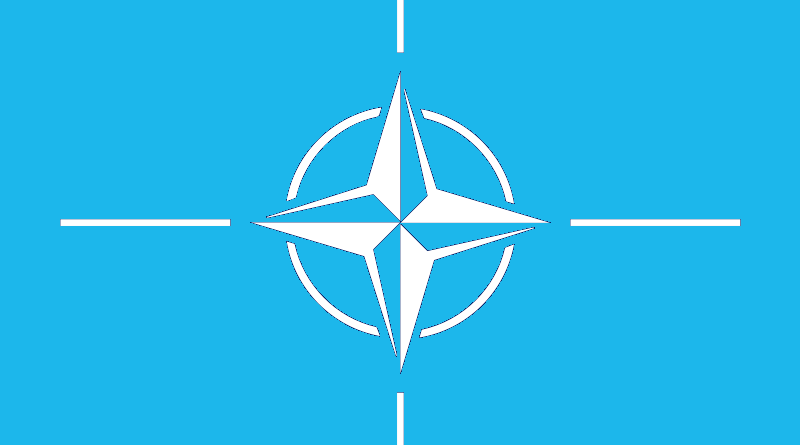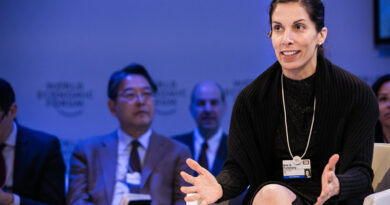Twitter removes accounts for ‘undermining faith in NATO’
Twitter has once against proven its role as a defender of the Military Industrial Complex after it banned certain accounts for their unfavorable views of the North Atlantic Treaty Organization (NATO).
In a company blog post on 23 February, Twitter announced that accounts from Iran, Russia and Armenia had been permanently suspended for violations of its platform manipulation policies.
Its justification for suspending 69 ‘fake’ Russian accounts is the most bizarre of all. Not only is there no transparency on what Twitter deems to be accounts “reliably tied to Russian state actors” but displays in no uncertain terms its censorship on purely political grounds, which serves the US war machine.
“A number of these accounts amplified narratives that were aligned with the Russian government, while another subset of the network focused on undermining faith in the NATO alliance and its stability,” it read.
NATO was formed as a means to combat the threat of the Soviet Union in 1949, but has since morphed into an alliance of 30 nations, and persistently seeks to weaken Russia both militarily and politically through carefully crafted propaganda.
The Atlantic Council, among the most influential pro-war Western think tanks, was originally conceived as a means to drum up support for the Cold War-era NATO alliance, and is now partnered with Facebook to ‘combat fake news and safeguard democracy’.
This is nothing new. Twitter was among the notorious players who spread the dangerous and subsequently debunked narrative that Donald Trump had relied on Russian interference to win the 2016 US presidential election.
Despite ‘Russiagate’ being disproven by the Supreme Court, it did not tech giants from culling those opposed to mainstream western geopolitical narratives. Google altered its algorithms to boost mainstream outlets in its searches while Facebook erased over 500 large independent pages which held predominantly anti-war messages.
Twitter’s latest act of ideological censorship further demonstrates how social media companies serve on behalf of intelligence agencies and the defence industry, and do so regardless of the validity of their claims.




